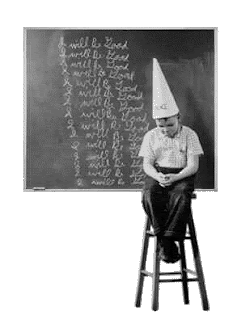Freedom
is not free
As
you can see, the statement put forward today is, 'Freedom is not free'. This topic allows me to think that freedom is
not just given to us; and the freedom we
enjoy comes from someone else's sacrifice (or enslavement). I have put together some questions for you to
ask yourself:
Where
does our freedom come from?
Who
sacrificed their freedom for ours?
How
do we utilize this freedom?
Yes,
these questions are very short - but dynamite comes in small packages. It is important that we acknowledge those who
made sacrifices in order for us to be free.
They could be your ancestors, a hero politician, or your parents. If they had not created or kept our freedom,
we would not even be able to imagine what it is like to smile, act or speak
freely. Thus, it stands to reason that
we owe these custodians of freedom and that we should not take our current
existence for granted.






